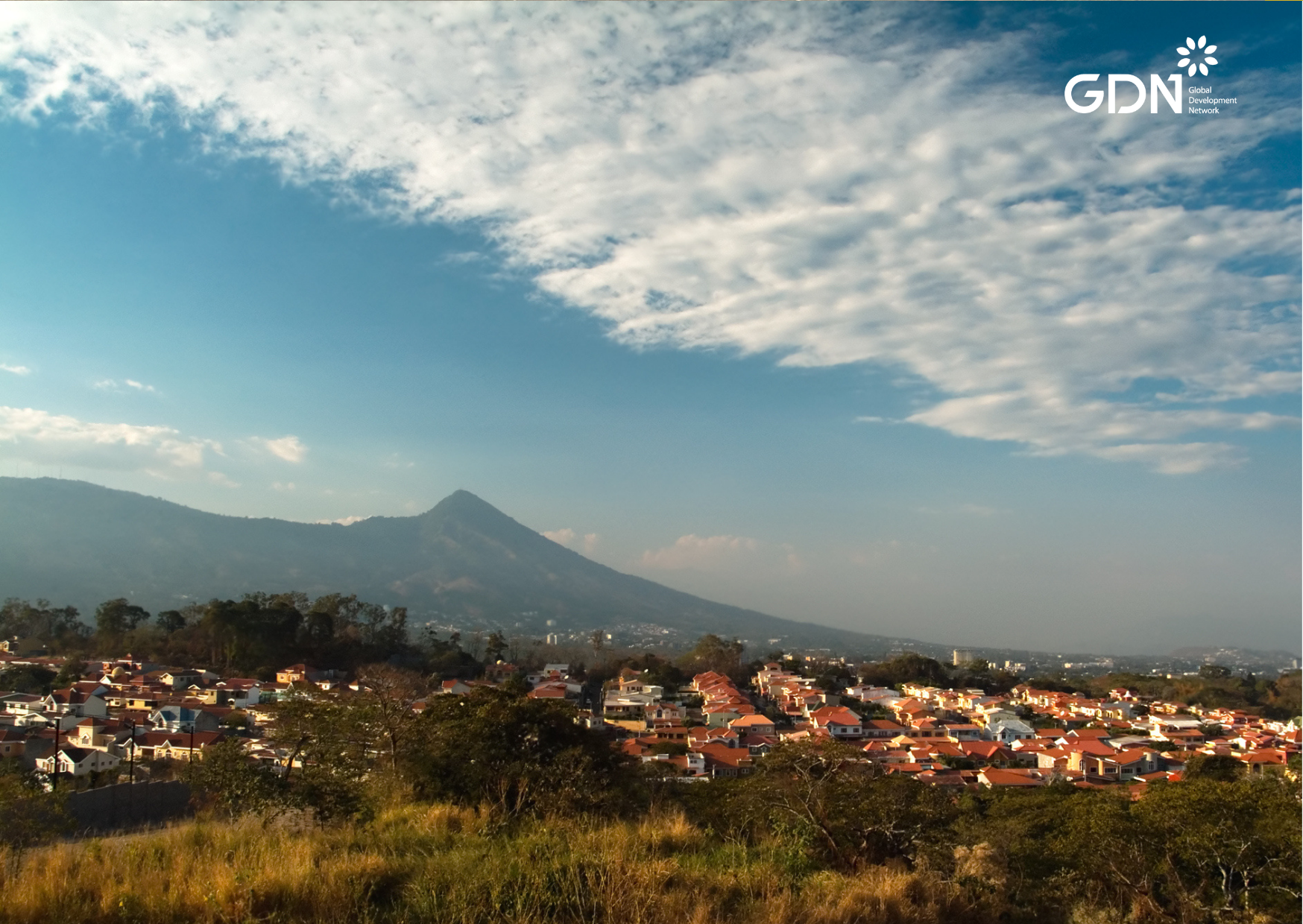
Doing Research in El Salvador
Date | March 2022
Summary
Prior to the COVID-19 pandemic, El Salvador was still not meeting the demands of its population to the fullest extent. Though progress had been made in socioeconomic terms, there were still areas of apparent stagnation or challenges related to the quality of services and the Fourth Industrial Revolution. In addition, dissatisfaction with living conditions and limitations on individual development spurred people to leave their regions of origin for the country's metropolitan area or abroad. Consequently, progress toward achieving the Sustainable Development Goals has stalled. This was exacerbated by the negative effects of the pandemic, especially on the most vulnerable. This situation creates an opportunity to evaluate the National Development Agenda, as well as the relevance of public policies, and to implement improvements to meet the permanent needs of the population and respond to future emergencies.
Given its focus on the study of societies and human behaviors, a robust and competent social science research system can provide theoretical and practical support for such actions. The project “Doing Research: Assessing Social Science Research Systems” was implemented in El Salvador by the Salvadoran Foundation for Economic and Social Development (FUSADES), under the research leadership of Helga Cuellar Marchelli and with the external scientific support of Thomas Bossert (Harvard University). The assessment of social science in El Salvador has adapted the GDN’s standard methodology for assessing the social science research environment in developing and transition countries, namely the Doing Research Assessment (DRA).
Key findings show that the social science research sector in El Salvador is not only small but also geographically concentrated around the Metro Area of San Salvador (AMSS Spanish acronym), and institutionally in Higher Education Institutions and civil society organizations. Additionally, there is a scarce interaction between academia and decision-makers, as well as the scarce participation of social researchers in policy design and implementation in El Salvador. Again, there is a lack of leadership and little coordination among research system actors, resulting in a dispersion of resources and competencies, affecting the quality of studies, the capacity to disseminate them, and their influence on democratic debate and sustainable development policies.
The El Salvador DRA provides several levers of change including strengthening and increasing relationships with the international scientific community and development aid agencies. This has the potential for building local capacity through access to resources, exchange of experiences, adapting best practices, acquiring new knowledge and tools. Also, the relationship between academia and policy makers should be strengthened, and incentives created to make their interaction functional, in order to influence public policies. Furthermore, capacity-building should be carried out to produce good quality scientific research and disseminate findings to a variety of audiences.
Authors:
- Dr Helga Cuellar-Marchelli, Coordinator and Lead Researcher, DRA-El Salvador Project
- Alejandro Flores, Senior Researcher
- Gabriela Gochez, Researcher
- Kriscia Hernandez, Researcher
In collaboration with:
- Margarita Beneke de Sanfeliu, Lead Researcher for Stakeholder Mapping
- Mauricio Shi, Senior Researcher
- Lissette Calderon, Researcher
- Andrea Rodriguez, Researcher
- Watch the recording of this webinar. Spanish / English
- Full Report Spanish / English
- Connect with the Doing Research program





